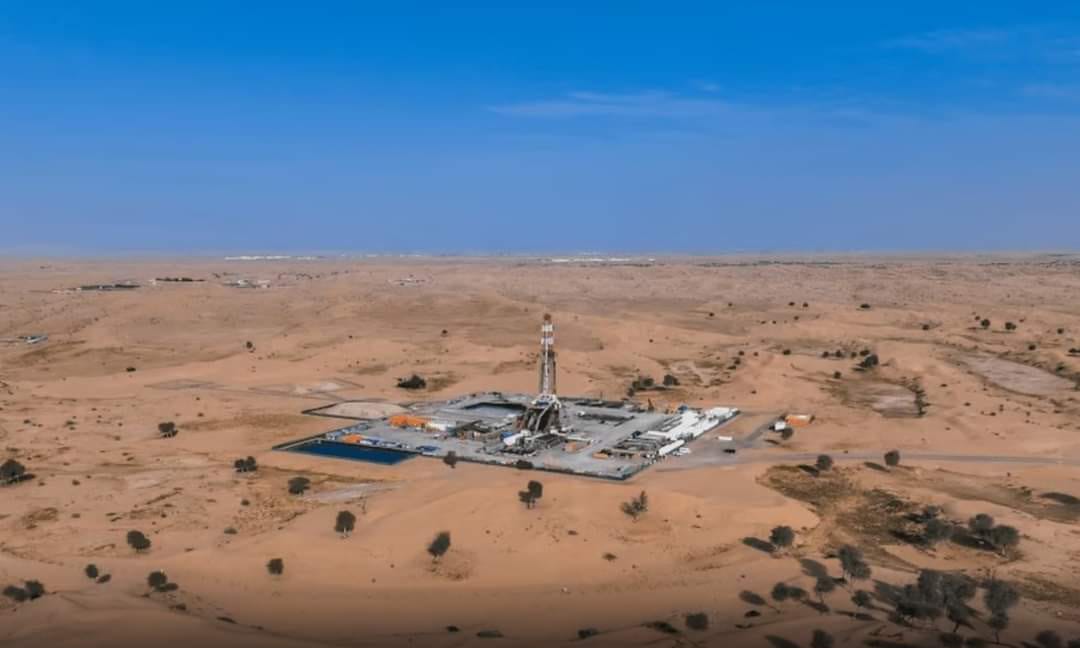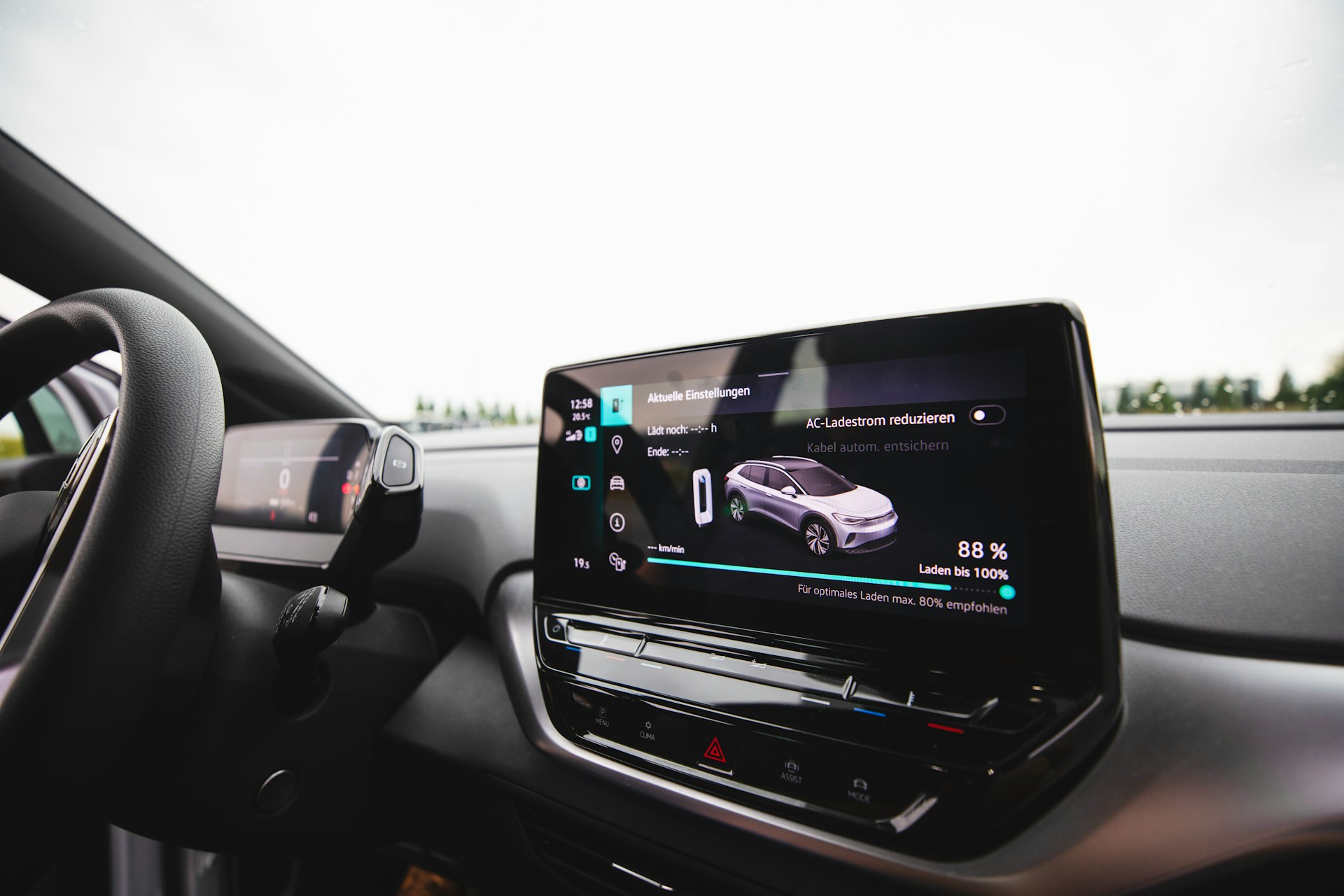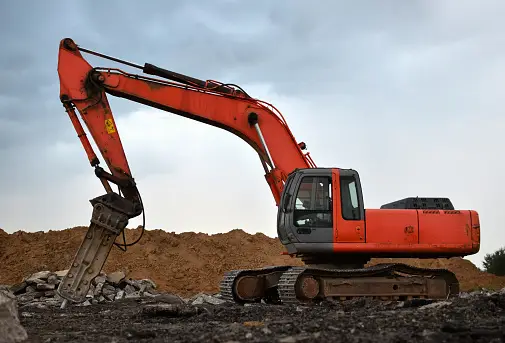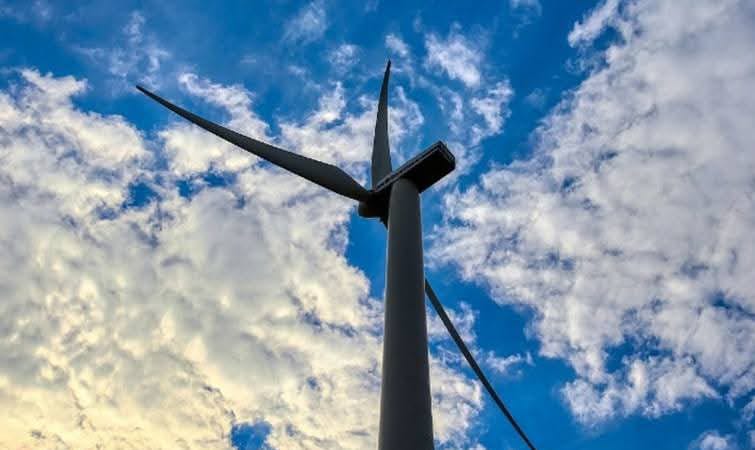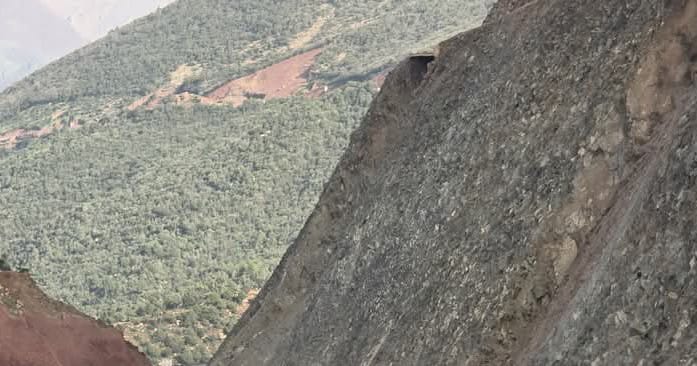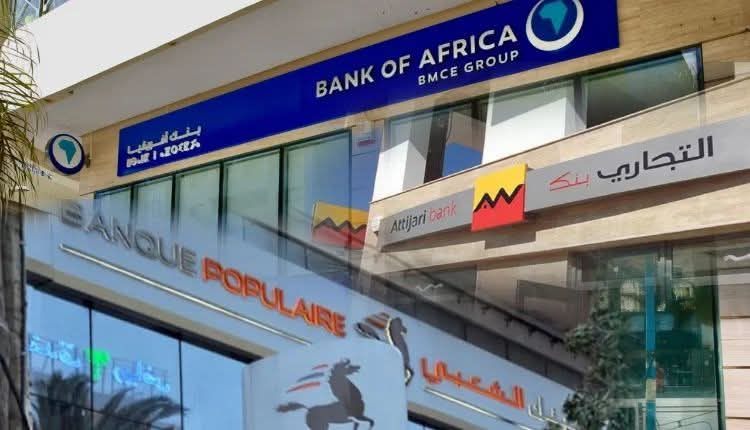Casablanca – Casablanca is gearing up for international prominence, with the upcoming Africa Cup of Nations (CAN) in 2025 and the 2030 World Cup firmly in sight. The city is undergoing a significant transformation across multiple sectors, including transportation, sports infrastructure, and cultural amenities. Here’s a rundown of the ongoing projects and future developments shaping Casablanca’s landscape by 2030.
The surge in construction and renovation across Casablanca is not just about modernization; it promises a fresh start for residents and visitors alike. By ramping up existing projects and planning new initiatives, the economic hub aims to position itself as a global city prepared to host major sporting events.
Casablanca has recently become a bustling open-air construction zone. The city is experiencing unprecedented growth in infrastructure, particularly in public transportation, green spaces, and sports facilities. These initiatives, part of an ambitious regional development program, aim to establish Casablanca as a leading international hub.
Improving urban mobility is a key focus of this transformation. The tram network is set to expand with the addition of T3 and T4 lines, expected to accommodate 200,000 passengers daily. The bus fleet has been bolstered with 700 new vehicles, and newly introduced busways have already attracted a million users in less than two months. To further improve mobility, new roadways, highways, railways, and feeder networks will be developed. A Regional Express Network (RER) connecting Benslimane to Nouaceur is slated to be operational within four years. Additionally, two regional train lines will link Rabat to Settat and El Jadida-Jorf Lasfar.
In the aviation sector, Royal Air Maroc plans to double its fleet to 130 aircraft, while Mohammed V Airport will undergo capacity enhancements, including a new terminal and improved infrastructure, alongside expanded international air routes from the Casablanca region.
The sporting landscape is also evolving, highlighted by plans for the Grand Stadium of Benslimane. This flagship project is designed to seat 115,000 spectators, making it Africa’s largest stadium and the world’s second-largest.
Built to FIFA’s strictest standards, this sports complex will also include a comprehensive sports city featuring a 25,000-seat athletics field, a multi-sports hall, an Olympic swimming pool, a conference center, a sports village, and entertainment venues. This ambitious project is estimated to cost approximately billion MAD (approximately $515.46 million) for the period 2025-2028, aiming to position the region as a premier global sports destination.
Additionally, the Mohammed V Sports Complex is undergoing renovations. Closed since November 6, 2023, it is scheduled to reopen in early 2025 after significant upgrades. Renovations include improved access and exits, redesigned press areas, expanded VIP zones, and complete turf replacement. The drainage system will also be revamped. Managed by Sonarges, these renovations are fully funded by the Ministry of National Education, Preschool, and Sports, with an estimated cost of 250 million MAD (approximately $25.77 million).
In addition to infrastructure projects, efforts are underway to develop green spaces and bolster cultural activities in Casablanca. The city aims to become a leading cultural and tourist destination by implementing initiatives to promote leisure and nature.
Upcoming projects include the Ain Sebaa zoo, the grand theater of Casablanca, and an aquarium. These endeavors, alongside the creation of additional green spaces, will enhance quality of life for residents and provide visitors with recreational and relaxation opportunities. This comprehensive strategy will reinforce Casablanca’s status as a metropolis hosting diverse business and cultural activities.







